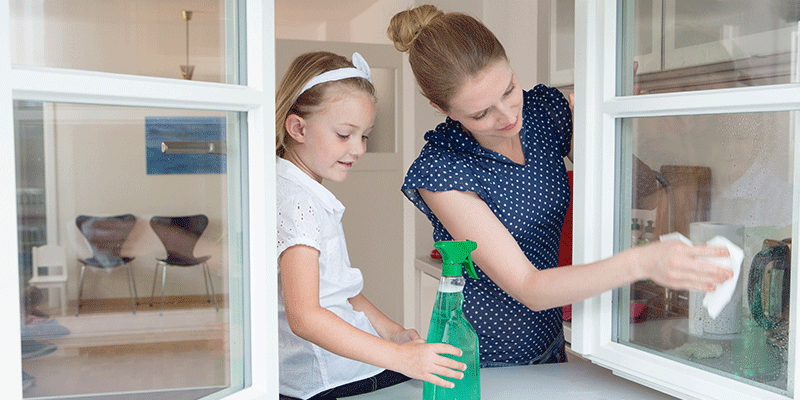
Have your parents or guardians help you decide if you are ready to take on this important job. With their help, you should think about what you will and won’t be able to handle as a babysitter. For example, you may decide to only watch children ages 3 and up or to only work on weekends.
- Are you mature enough to handle this job?A person must be at least a young adult (12–14 years old) to take on the responsibility of watching young children, and mature enough to handle common emergencies.
- How many children can you handle at one time? A new sitter should start with one child or even start as a mother’s helper. A more experienced sitter may handle several children of similar age. It takes a very experienced sitter to handle a mixed age group of children or more than three children at once. Watching too many children can challenge even a very experienced older teen sitter.
- Can you handle babies and young children? Younger teens should not sit for children younger than 6 months. Toddlers can also be challenging. Teens should only accept sitting for one child at a time if the child is three or younger.
- Have you been trained in how to care for small children? Have you received first aid and cardiopulmonary resuscitation (CPR) training from a nationally recognized organization? Discuss with parents or guardians the time frame during which they want you to watch their children, and whether it is proper. Leaving a young child in your care for a few hours is acceptable, but all day or a very late night may not be.
Sitter Qualities
Successful sitters have these qualities. Are you . . . ?
- Mature
- Trustworthy
- Patient
- Responsible
- Safety-conscious
- Fun-loving
- Punctual
- And do you like children?
Last Updated 6/18/2015
Source BLAST! Babysitters Student Manual: Babysitter Lessons and Safety Training, 3rd Edition (Copyright © 2015 Jones & Bartlett Learning, LLC, an Ascend Learning Company)
The information contained on this Web site should not be used as a substitute for the medical care and advice of your pediatrician. There may be variations in treatment that your pediatrician may recommend based on individual facts and circumstances.






